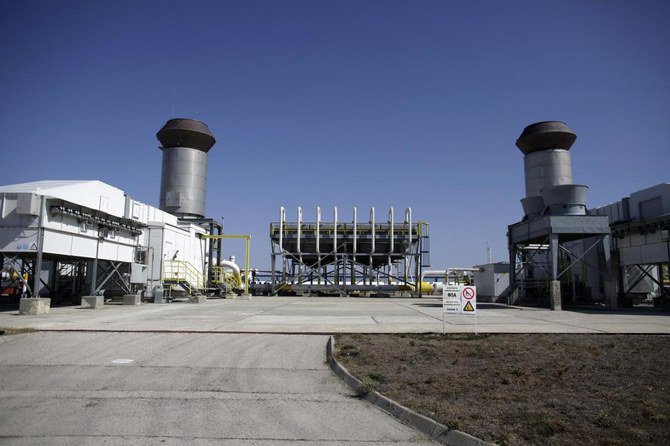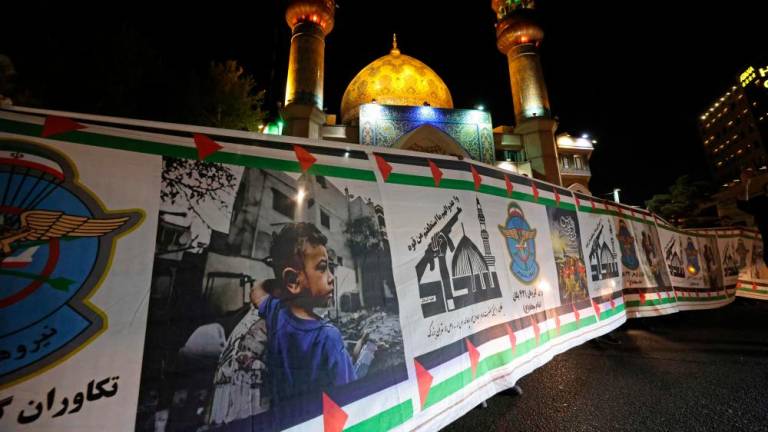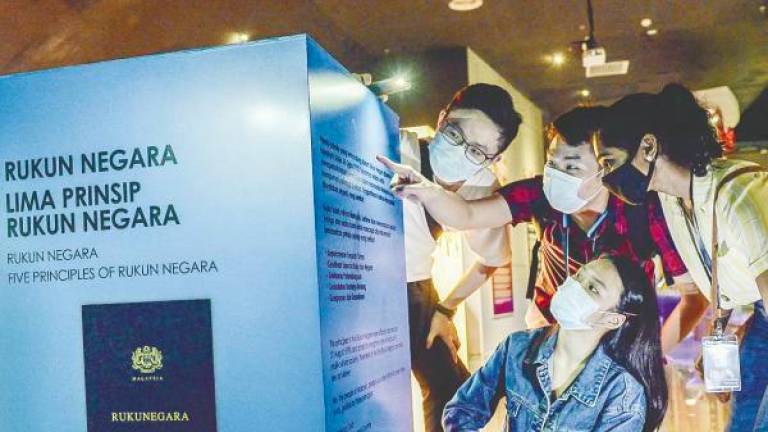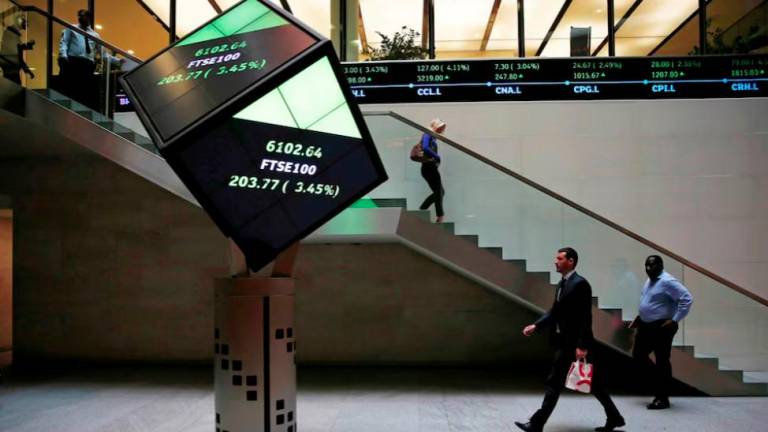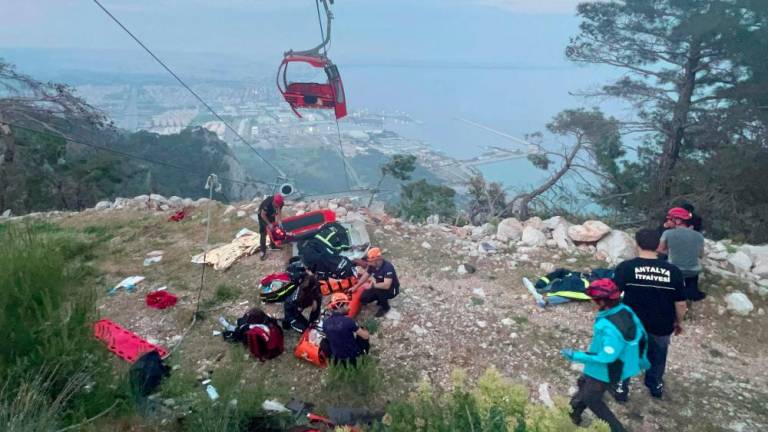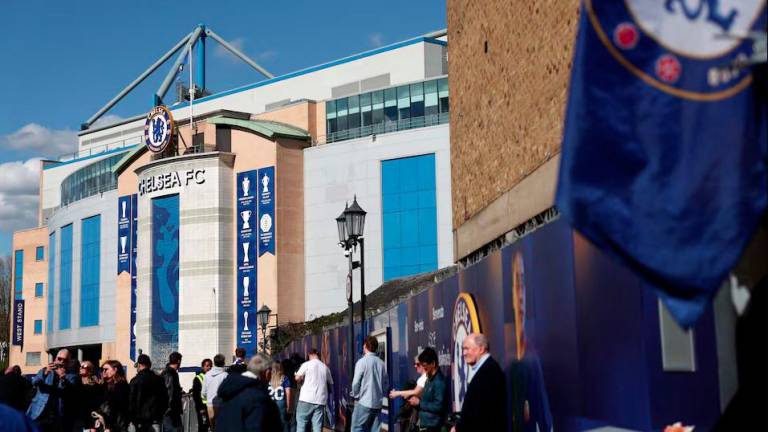SOFIA: A Saudi-led consortium was definitively reinstated on Monday as the builder of a new gas pipeline through Bulgaria, intended to hook up to Gazprom’s TurkStream project.
Bulgaria’s Supreme Administrative Court announced Monday that the Saudi-led group’s main competitors for the project had dropped a legal challenge relating to the award.
The latest development brings to an end a long-running tussle between the Saudi-led consortium and its competitors for the project, a consortium of Luxembourg-based Completions Development, Italy’s Bonatti and Germany’s Max Streicher.
Bulgaria’s state gas operator Bulgartransgaz had initially chosen the Saudi-led group — made up of Saudi Arabia’s Arkad Engineering and a joint venture including Switzerland’s ABB — to build the 474km pipeline.
But Bulgartransgaz later decided to strike the winner off the tender for failing to supply documents needed to sign off the contract.
Instead it accepted the offer of the second-placed consortium led by Completions Development.
However, Bulgaria’s competition watchdog ruled in July that the operator should honour its previous commitments and sign a contract with the Saudi-led group.
The watchdog’s verdict was subject to a final appeal in the courts but the Supreme Administrative Court announced Monday that the appeal had been withdrawn, meaning that the Arkad-led group has now been definitively reinstated.
Bulgartransgaz is in a hurry to complete the pipeline as soon as possible in a bid to enable Russian gas giant Gazprom to hook it up to its TurkStream pipeline after it becomes operational at the end of this year.
Bulgaria, which is heavily dependent on Russian gas for its domestic needs, has been repeatedly criticised by both the EU and the United States for failing to diversify both its gas sources and its delivery routes.
The Balkan country hopes to start receiving Caspian Sea gas from Azerbaijan’s Shah Deniz field as well as liquefied natural gas from various sources via terminals in Greece through a 182km interconnector expected to be ready by the end of 2020. — AFP



